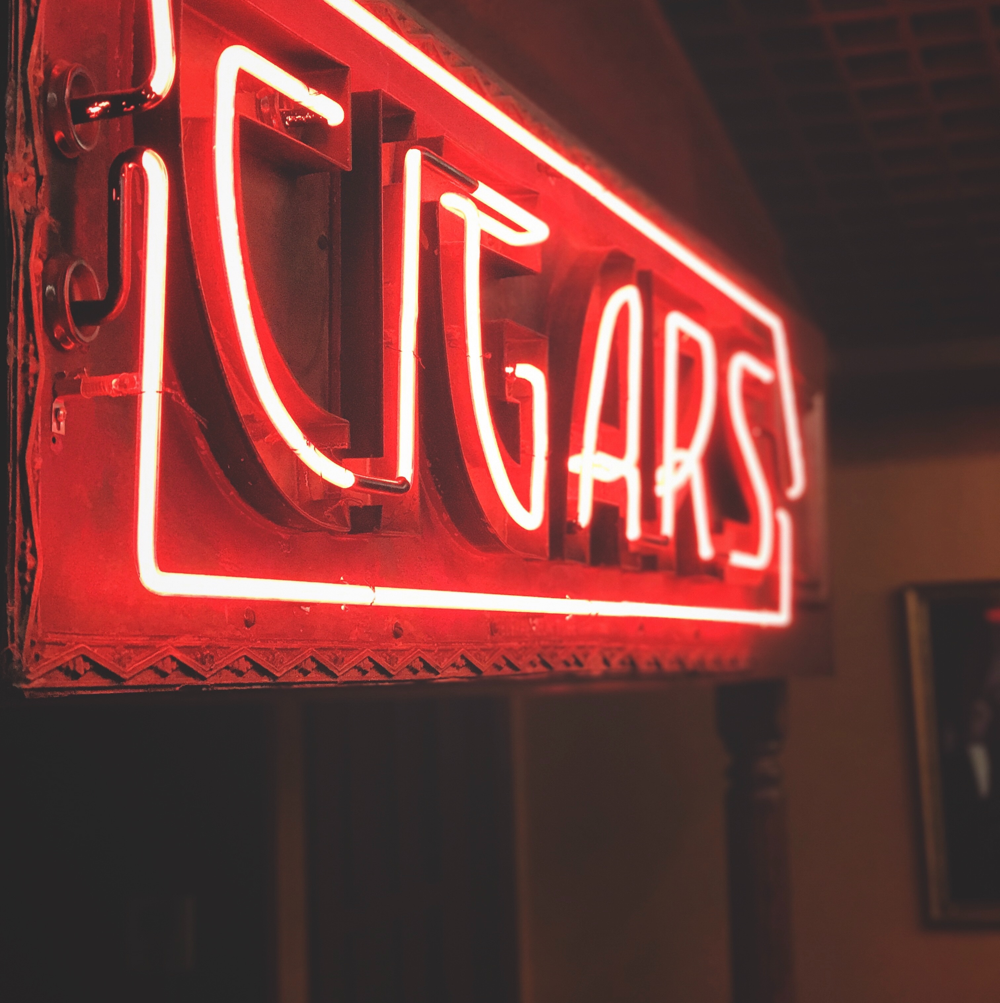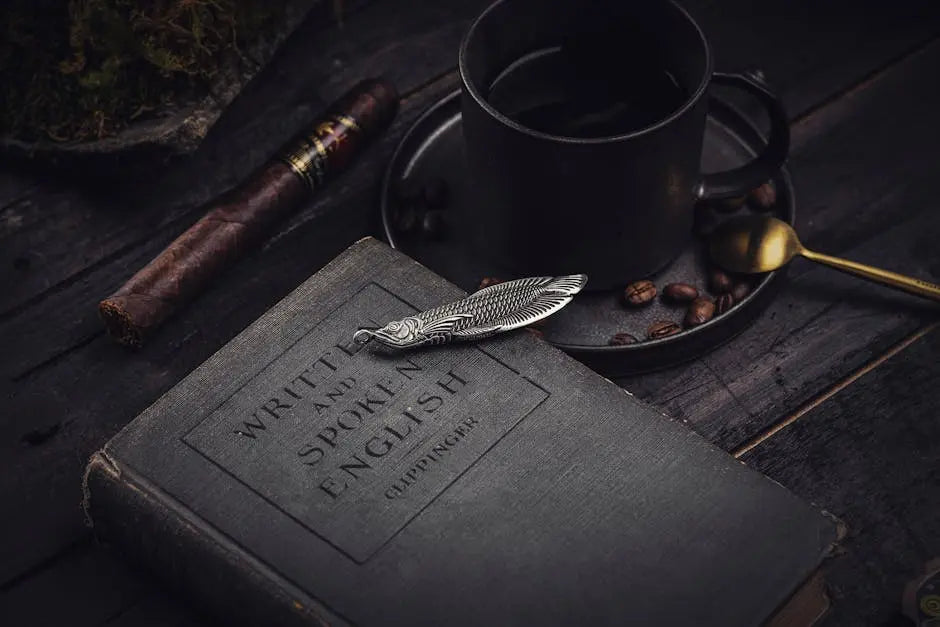How to Navigate a Cigar Shop

Cigars can be intimidating, and most cigar shops make it worse. Use this guide to get the most out of your local tobacconist.
As much as we love cigars, we don’t always love the stores that sell them. Inconvenient locations, horrible curb appeal, and grumpy salespeople are the norm. There are some incredible exceptions, but most of the time local cigar stores are terrible. For the aficionado, this a minor inconvenience, but for beginners and gift-givers, it’s uncomfortable, unpleasant, and confusing.
One day we’ll build our own store. Until then, here’s a quick guide to help you (or your mom) find a decent place, walk in with confidence, ask the right questions, and buy a good cigar.
Finding the Right Store
Cigars are usually available at: liquor stores, golf pro shops, discount tobacco outlets, vape dungeons, and (obviously) cigar shops. Whenever possible, try to find a store which is primarily dedicated to selling premium cigars.
Yelp and Google Maps are phenomenal resources if you simply search “cigar store”, and we recommend looking for reviews that emphasize a large inventory and reliable humidification. You might also check out Cigar Aficionado’s Where to Smoke website. While this is primarily dedicated to helping you find cigar-friendly smoking locations, you’ll likely find a few great cigar stores in the 2,600+ local listings.
Find your best bet, check the hours, and head that way.
Walking In & Getting Help
Quality cigar shops often have 100+ different varieties of cigars, along with a wide selection of accessories like cutters, lighters, humidors, pipes, and more. It’s intimidating.
Any cigar shop worth visiting will have all their cigars in a humidor. (No humidor in sight? Turn around and leave.) Humidors are the only way to guarantee you’re buying fresh cigars. There are two primary types of humidors: cabinet and walk-In. In either case, make sure to ask the attendant before you open up the cabinet or walk into the humidor. Once you gain access, be careful to close the doors promptly to maintain the ideal humidity environment.
Choosing the Right Cigar
Take note of how the cigars look inside the humidor. Look closely, and be on the lookout for some tell-tale signs of poor humidification. Cigars with cracks and blemishes are a good indication that the humidor is too dry, and white specks across the surface of the cigar can often be mold. If you see signs of either, don’t buy anything.
We could write a book on how to choose a good cigar. For this guide, we’ll assume you have some help from the attendant at the cigar store. To ask the right questions, you need to have a general idea of three things:
- Cigar intensity: Arguably the most important consideration when choosing a cigar is to pick the right intensity level. Even though you should never inhale, some cigars can be overpowering for beginners. Most tobacconists use a framework of separating cigars into 3 categories: Mild (or Mellow), Medium, and Full-Bodied. It’s very rare for cigars to be labeled according to this framework, so we recommend asking for some assistance in choosing the right one. Think about how frequently you (or your gift recipient) smokes, and use that as a barometer.
- Smoking duration: Think through the actual smoking experience to help identify the correct cigar size. If the cigar is an accessory to an event (like a wedding or a backyard barbecue), think about picking a smaller cigar. If it’s to celebrate a milestone, or to light up over a good conversation, be sure to grab a longer cigar that will last.
- Specific occasion: Last and admittedly least, it’s worth considering the occasion. Think about choosing a cigar with a price and reputation that matches the event or the recipient. Price isn’t always a direct indication of quality, but no one has ever regretted buying a Padron 1926 Anniversary or Arturo Fuente Opus X.
Use those elements to get some help making a choice, and make sure to select a cigar without cracks or blemishes.
Checking Out
Take the cigar(s) to the checkout counter, but you’re not finished yet. Make you’re covered with these final tips:
- Whenever possible, always buy two. Cigars are best enjoyed when the experience is shared, so whether you’re buying for yourself or as a gift, it’s always in good taste to bring (or give) an extra.
- Premium cigars require a cut and (obviously) a light. Make sure to pick up a cigar cutter and some matches if you don’t have already have them.
- As mentioned earlier, premium cigars must be kept within specific humidity and temperature range or they’ll dry out after a few days. It’s usually standard practice, but make sure to that your cigars come with a (free) ziplock plastic bag that will lock in the freshness for 4-5 days. If you need to increase the shelf life beyond that without a humidor, we’d recommend picking up a Boveda pack insert - usually available at the checkout counter for a dollar.
All of this sound like too much to deal with? That's why we're here! Grab a Good Cigar Pack today and skip the hassle.



